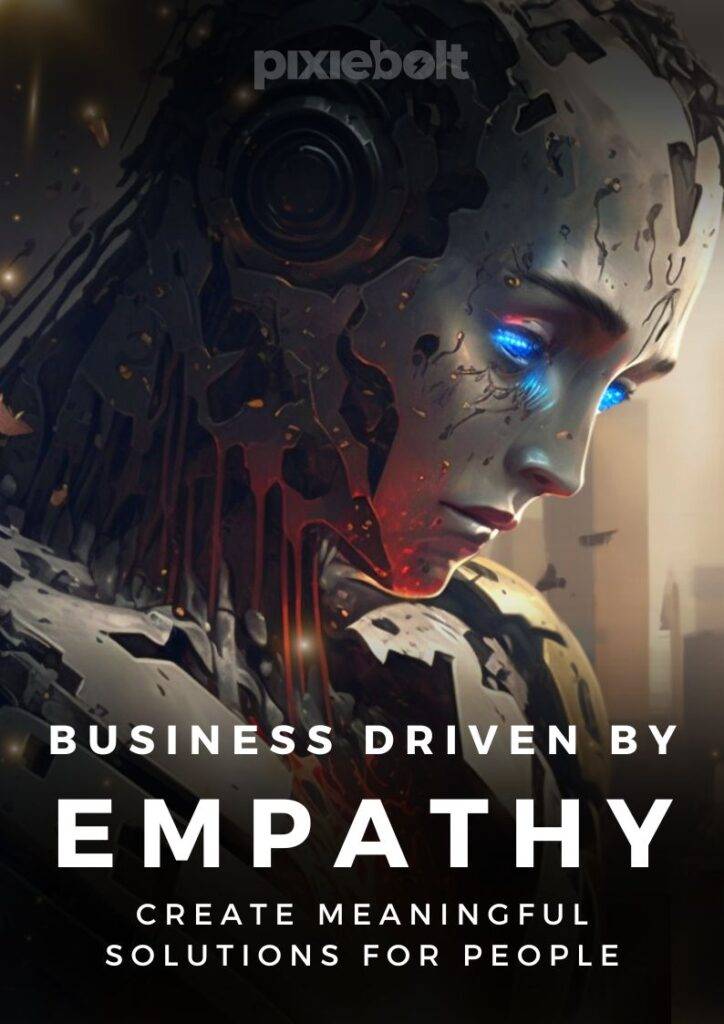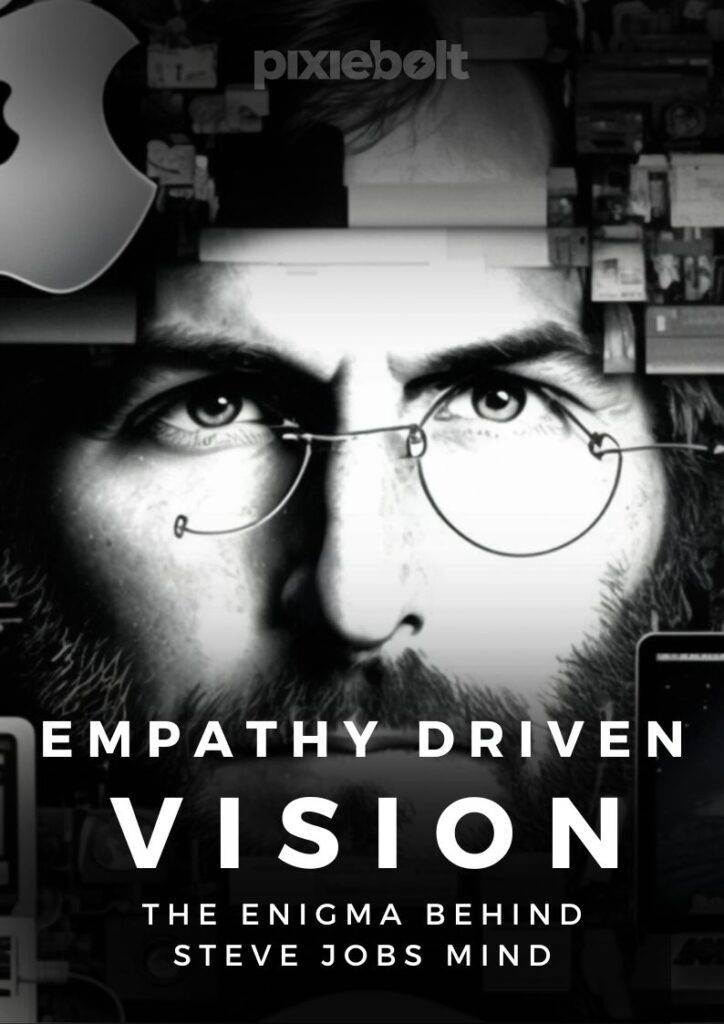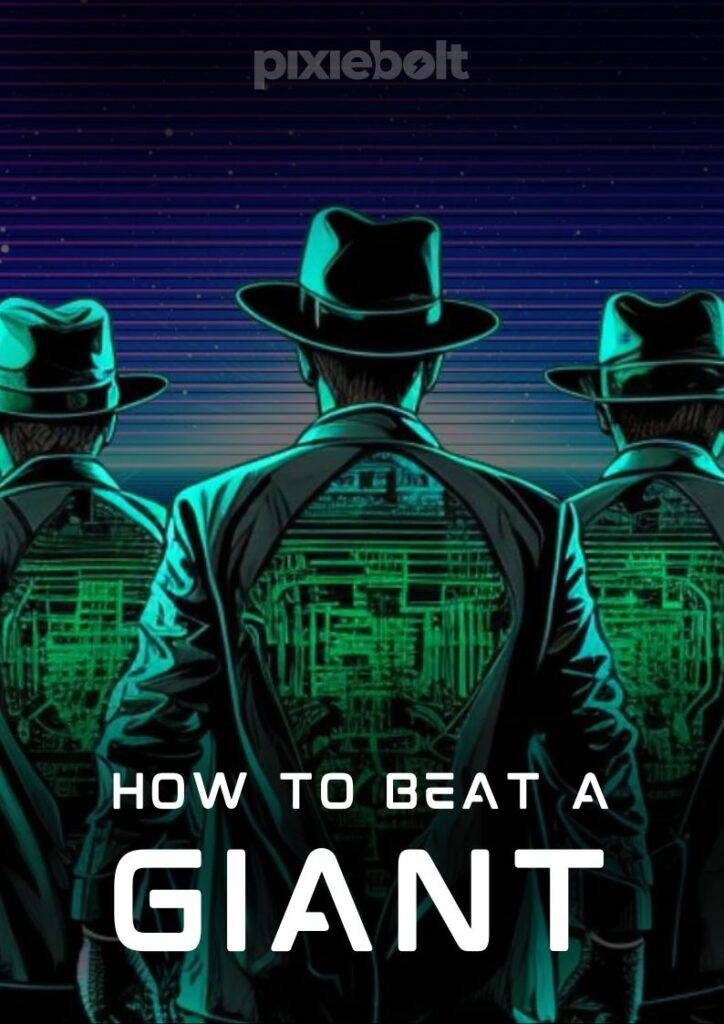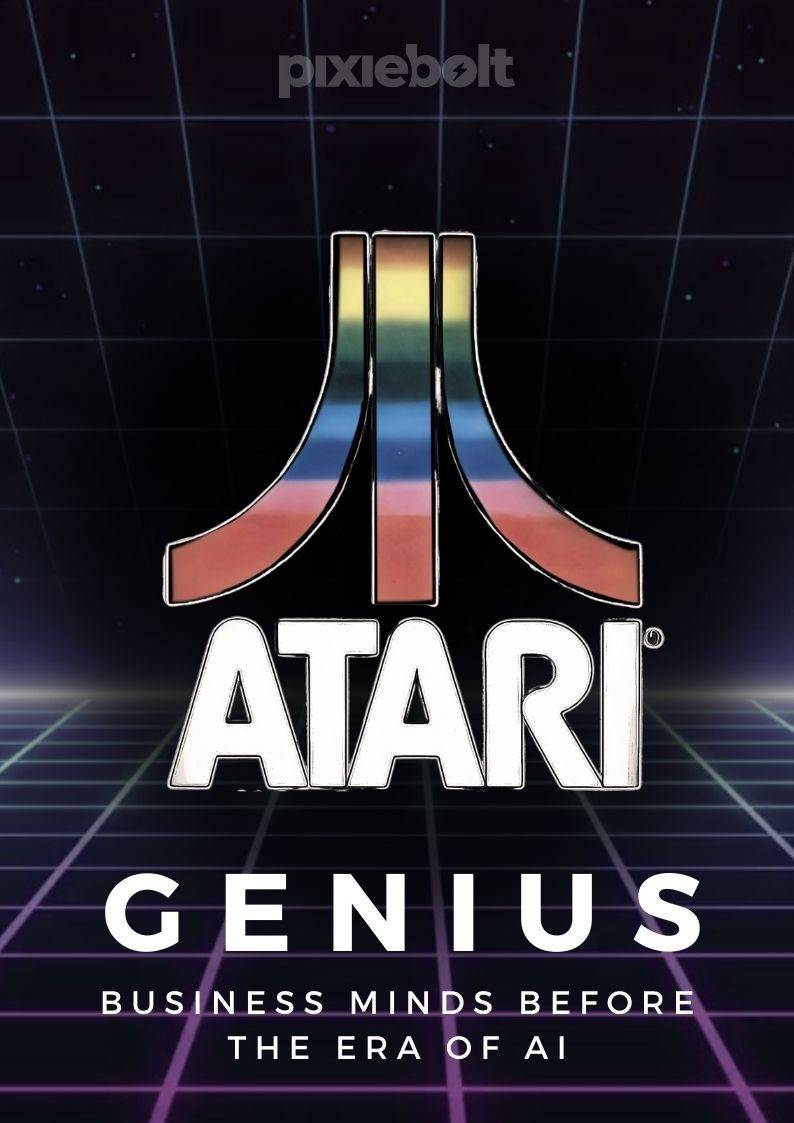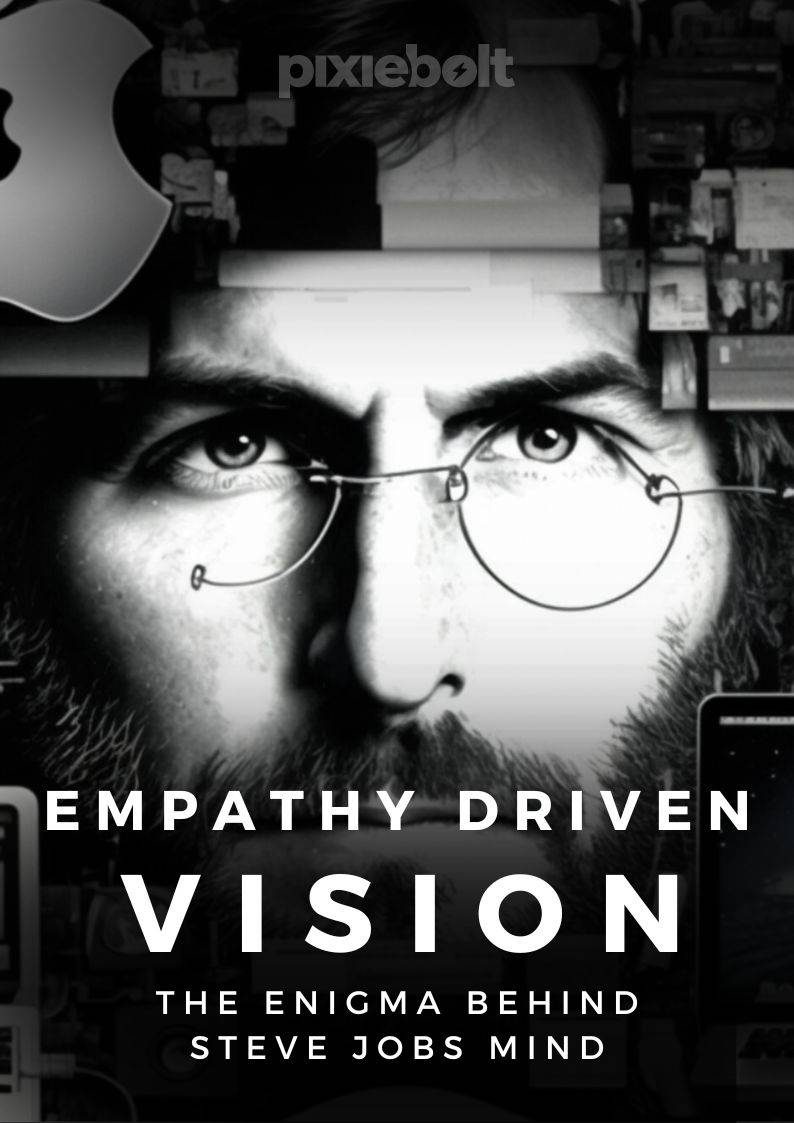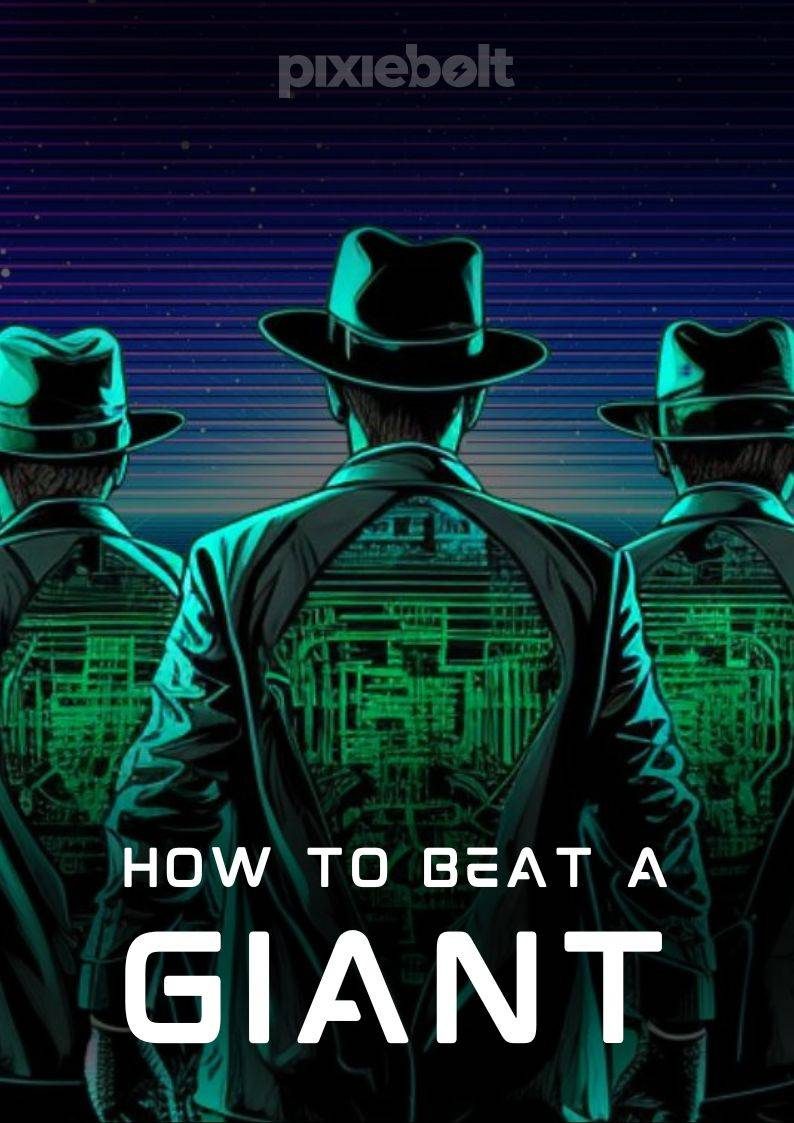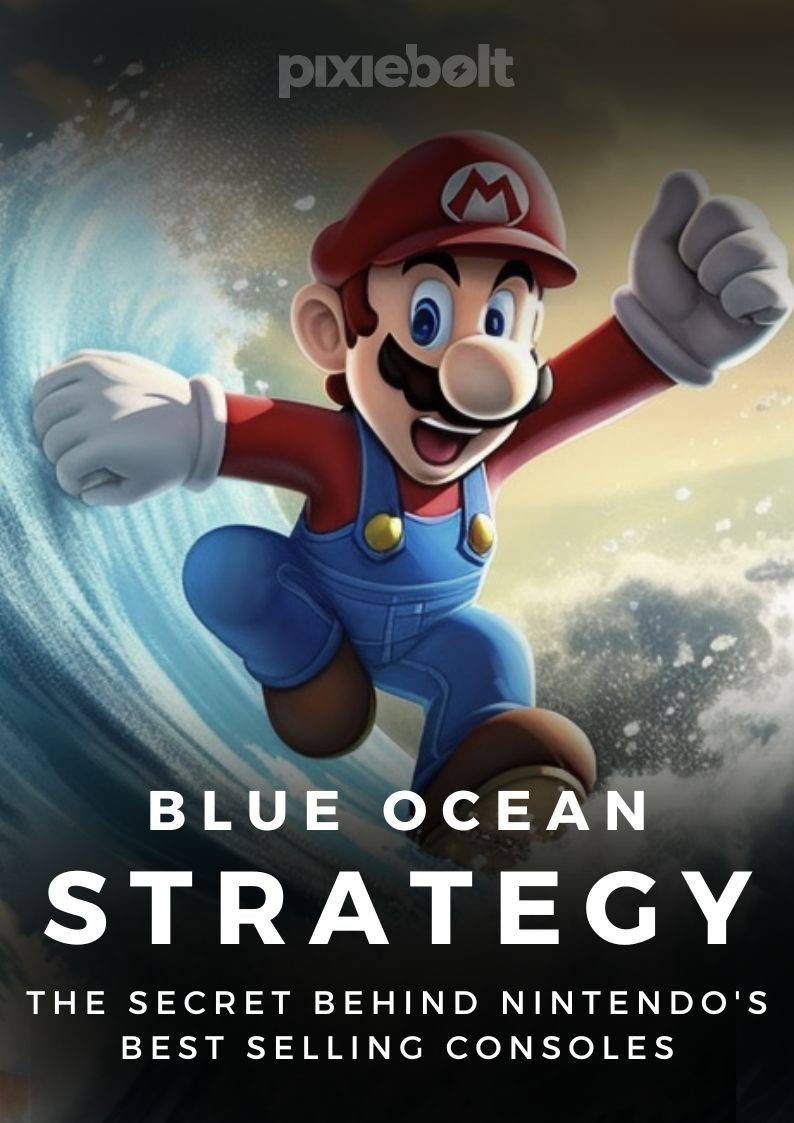
Case Study: Nintendo Blue Ocean Strategy 👾
Blue Ocean Strategy is a game-changing strategic approach to business and marketing that focuses on succeeding without competing. How? By creating a whole new market and an uncontested market space. Nintendo has been a master of this strategy for years.
Case Study: Nintendo Blue Ocean Strategy 👾
Blue Ocean Strategy is a game-changing strategic approach to business and marketing that focuses on succeeding without competing. How? By creating a whole new market and an uncontested market space. And Nintendo has been a master of this strategy for years.
Think about it: the Wii console, which revolutionized the gaming industry with its motion control, was a product of Blue Ocean Strategy. And let’s not forget about the wildly successful Pokemon GO app, which tapped into a whole new market of mobile gamers. 🚀
By focusing on innovation and creating unique experiences, Nintendo has been able to consistently stay ahead of the competition and deliver unparalleled value to their customers.
So the next time you pick up a Nintendo product, remember that their success isn’t just a result of luck – it’s a result of their savvy use of Blue Ocean Strategy.
If you want to learn more, check out our latest video on the case study of Nintendo’s Blue Ocean Strategy.
- Director : Ted. G.
- Writer: Pixiebolt YouTube Channel
- A Story About: The secret innovation strategy behind Nintendo's best selling game consoles.
Topics mentioned:
Watch Now

Artificial Intelligence is transforming the way businesses create their strategies to earn a better online presence. The advent of new creative technologies has unleashed a creative revolution that is heavily impacting the way businesses decide to build their content creation tactics and their strategic direction.
How can generative Artificial Intelligence tools helping content creators, business and marketing strategists come up with more innovative ways to reach audiences and create long lasting brand connections that facilitate a better business ecosystem in general?
- Director : Ted. G.
- Writer: Pixiebolt YouTube Channel
- A Story About: The impact of Generative Artificial Intelligence on the content creation and marketing ecosystem
Watch Now

What does the future hold for the human workforce? What will be the highest-valued human qualities and products to trade in the global economy of the future? In this episode of Pixiebolt’s D*CIPHER we are revisiting the 2013 film ‘Her’, from a digital transformation perspective, commenting on the potential behind what could become the most valuable human qualities and skills during the upcoming decades.
- Director : Ted. G.
- Writers: Pixiebolt YouTube Channel
- A Story About: The role of artificial intelligence vs. innately human skills, from a perspective reading of the 2013 Spike Jonze Film 'Her'
Watch Now

🧠 3 Powerful Tricks for Finding $1 Million Dollar Business Ideas
How can we train our minds to process human emotion in a deeper, more comprehensive way than machines?
More importantly, how can we use that information to predict the types of answers, products and services humans of the future will need?
How can we develop a new business idea in a new era, powered by Artificial Intelligence and automated processes? Very simple: We go back to the start, to understand the mindset of those who created the world we live in today.
- Director : Ted. G.
- Writers: Pixiebolt YouTube Channel
- A Story About: Nolan Bushnell, the founder of the Gaming Giant, Atari, Steve Jobs, founder of Apple and creator of the iPhone, and Melanie Perkins, founder of the free-to-use graphic design tool Canva
How to be a Visionary Like Steve Jobs?
Almost no one knows about Steve Jobs‘ visionary secret company: NeXT Computer. His disruptive innovation required extremely high levels of curiosity, bravery and insanity, as gateways to access human genius.
On this episode of Pixiebolt‘s ‘Disrupted’ Technology Documentary, we’ll revisit the story of how, after being fired from Apple, his own company in 1985, Steve Jobs managed to create something truly great and extremely innovative for industry standards at the time.
- Director : Ted. G.
- Writers: Pixiebolt YouTube Channel
- A Story About: Steve Jobs resilient mindset, his thirst for innovation and for creating the NeXT best thing, what he knew the world needed, even before the world was ready for it
Melanie Perkins: The Woman Behind Canva
How does a 19 year old with big dreams build a $40 billion company? Melanie Perkins first had the idea for the free-to-use design platform Canva when she was a College student in Perth, Australia. She created with the purpose of democratizing graphic design and content creation, making it a widespread, worldwide success.
- Director : Ted. G.
- Writers: Pixiebolt YouTube Channel
- A Story About: Melanie Perkins, and the soul behind her multi-billion dollar software company 'Canva'
How to Beat a Giant? The time Texas COMPAQ Ended the IBM Monopoly in the 80s PC Market
The unemployed men were sitting at a Texas kitchen table, deciding what to do next. A Billion-dollar business opportunity hidden in plain sight, bravery, tenacity and thirst for creating something of their own, is what drove them to beat the IBM monopoly and create Compaq in the 1980s: the fastest company ever to reach the fortune 500 in US business history.
- Director : Ted. G.
- Writers: Pixiebolt YouTube Channel
- A Story About: A modern day David and Goliath, how the 1980s company Compaq became a massive success with its first model: The Compaq Portable Computer



